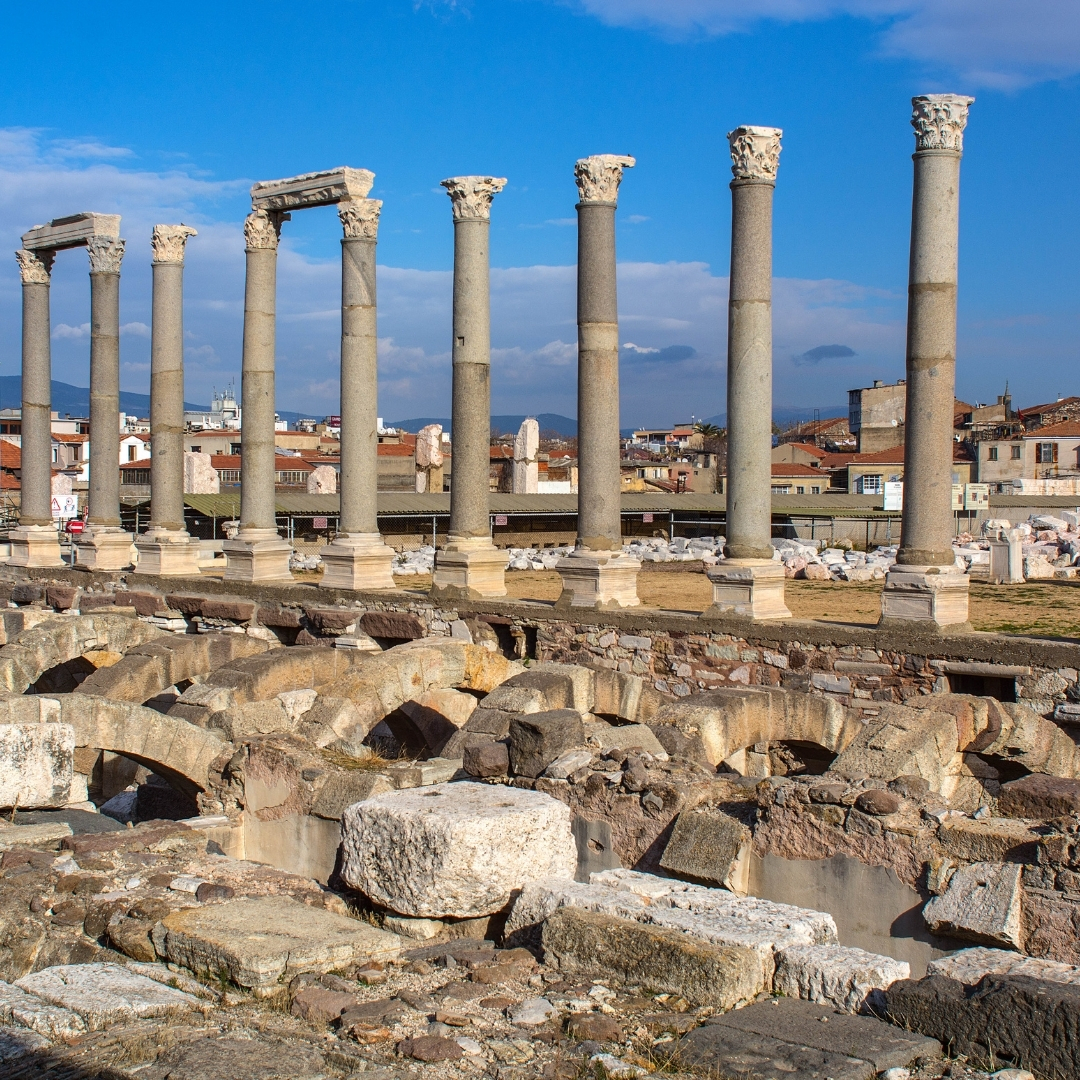
To the angel of the church in Smyrna, write:
The First and the Last, who died and came to life, says this: "I know your afflictions and your poverty—yet you are rich. I know the slander of those who claim to be Jews but are not, for they are a synagogue of Satan. Do not fear what you are about to suffer. The devil will throw some of you into prison to test you, and you will suffer for ten days. Be faithful, even to the point of death, and I will give you the crown of life.
"Whoever has ears, let them hear what the Spirit says to the churches. The one who overcomes will not be harmed by the second death."
(Revelation 2:8-11)
The church in Smyrna had faced significant persecution, particularly from the Jewish authorities, who were referred to as the "synagogue of Satan." Although no archaeological evidence supports the existence of such a synagogue, it is known that these leaders had incited the Roman authorities to persecute the Christian community, leading to great suffering for the believers.
The martyrdom of Polycarp, the bishop of Smyrna, later exemplified this hostile environment. The crown of life mentioned could be a reference to the acropolis, Mount Pagus, which was often described as the crown of Smyrna. However, while the people of Smyrna may have enjoyed a temporal crown, the Christians were promised an eternal crown.
Additionally, they were assured of exemption from the "second death." This reference is significant as Smyrna’s name is linked to the sweet-smelling spice "myrrh," used in embalming the dead (as in the case of Jesus, John 19:39). Smyrna's history was intertwined with themes of death and mourning, including myths like that of Niobe, whose grieving face was believed to be etched in the marble of Mount Sipylus.






